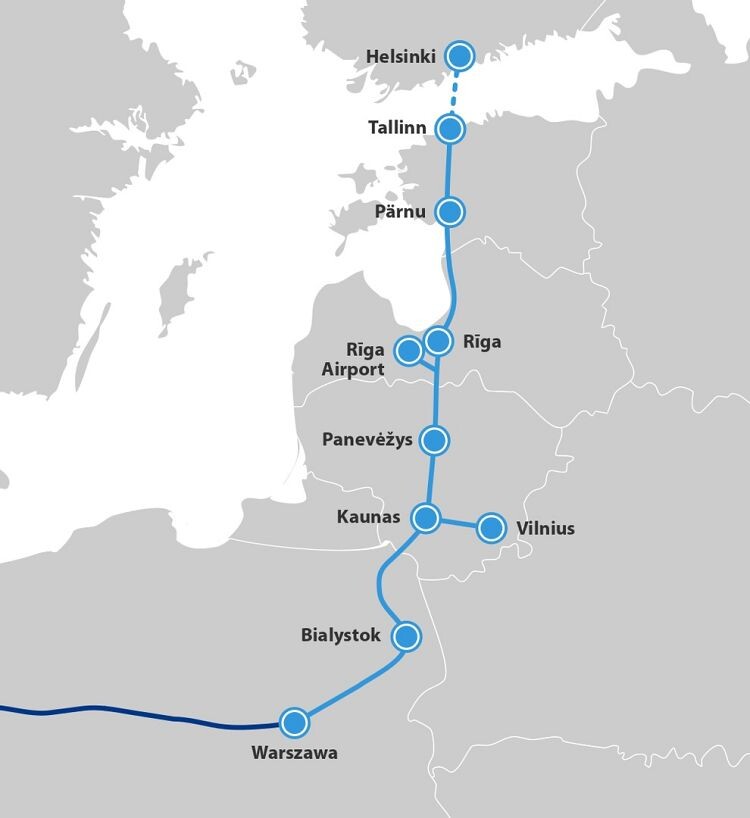Event JSON
{
"id": "236dfa049b5ed194fdd7e1e7ec4bafb1f21d0aad5e406f71a2460194764000d2",
"pubkey": "ff25ebf3c0559c49aaf50798f2b748d89b2a663e862b0db077790d5b73d347ae",
"created_at": 1694965023,
"kind": 1,
"tags": [
[
"t",
"railbaltica"
],
[
"t",
"highspeedrail"
],
[
"t",
"Rail"
],
[
"t",
"baltics"
],
[
"t",
"poland"
],
[
"t",
"estonia"
],
[
"t",
"Latvia"
],
[
"t",
"Lithuania"
],
[
"t",
"Europe"
],
[
"proxy",
"https://mstdn.social/users/TheEuropeanNetwork/statuses/111081227775121912",
"activitypub"
]
],
"content": "The 870 km Rail Baltica project, which is due for completion in 2030, will connect the capitals of Lithuania, Latvia, and Estonia with Warsaw and the rest of Europe, allowing trains to run uninterrupted.\n\nHowever, the project is symbolic as well as physical.\n\nFor the EU, it’s a statement about the Baltic states’ return to Europe and their decoupling from their Soviet past.\n\nhttps://www.euronews.com/next/2023/09/16/the-high-speed-railway-thats-uncoupling-the-baltic-states-from-russia-and-their-soviet-pas\n\n#Europe #Lithuania #Latvia #Estonia #Poland #Baltics #Rail #HighSpeedRail #RailBaltica\n\nhttps://media.mstdn.social/media_attachments/files/111/081/227/655/536/483/original/10eff9b052056b3c.jpg",
"sig": "bdac9d8376d1ebf40c74505421f58ae341f78fbb5c987d5adb77e462d7f0eb09f051eee5d10e7f99431294b4973e2b81d03a9d5feaff28afca54de4309658dca"
}
